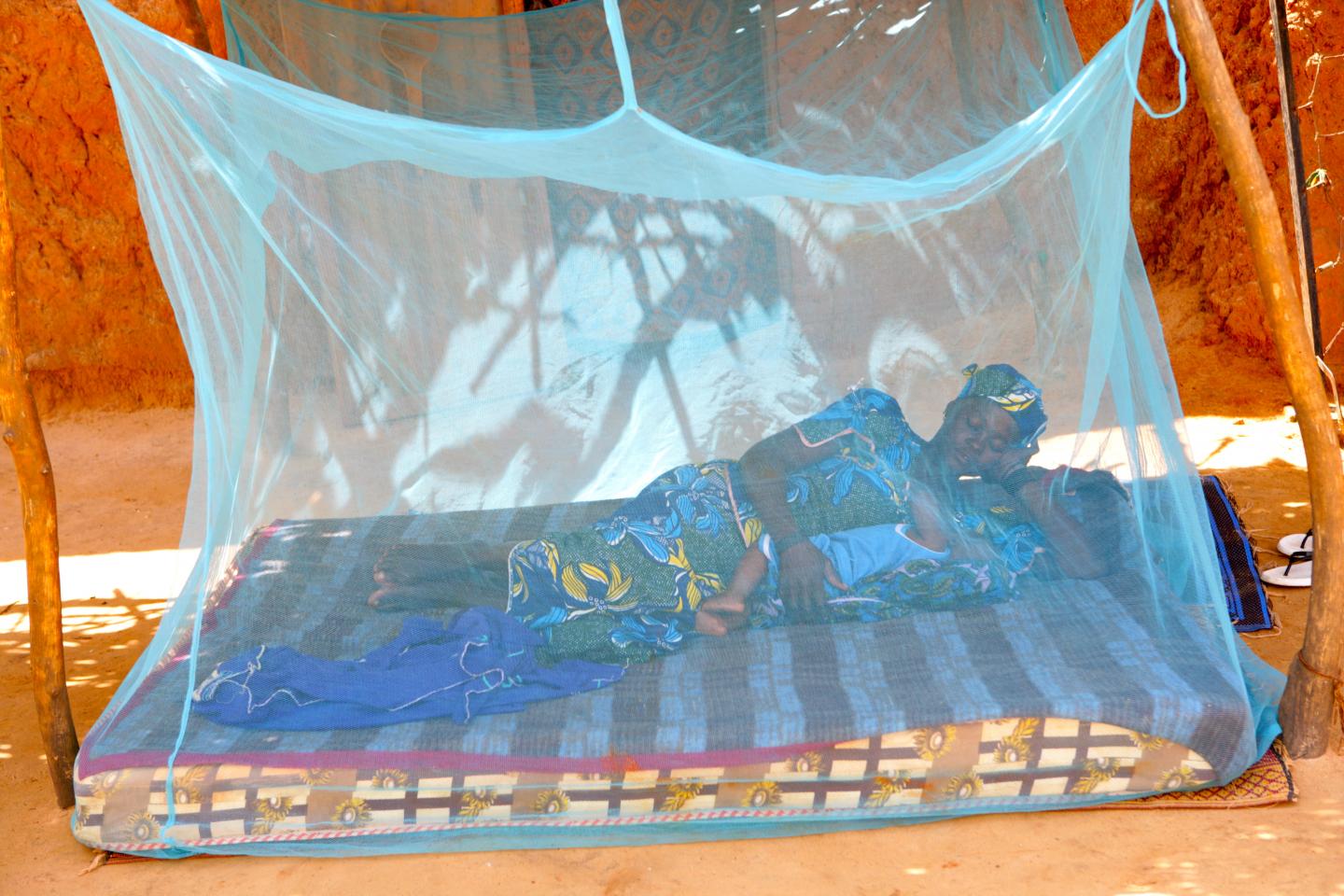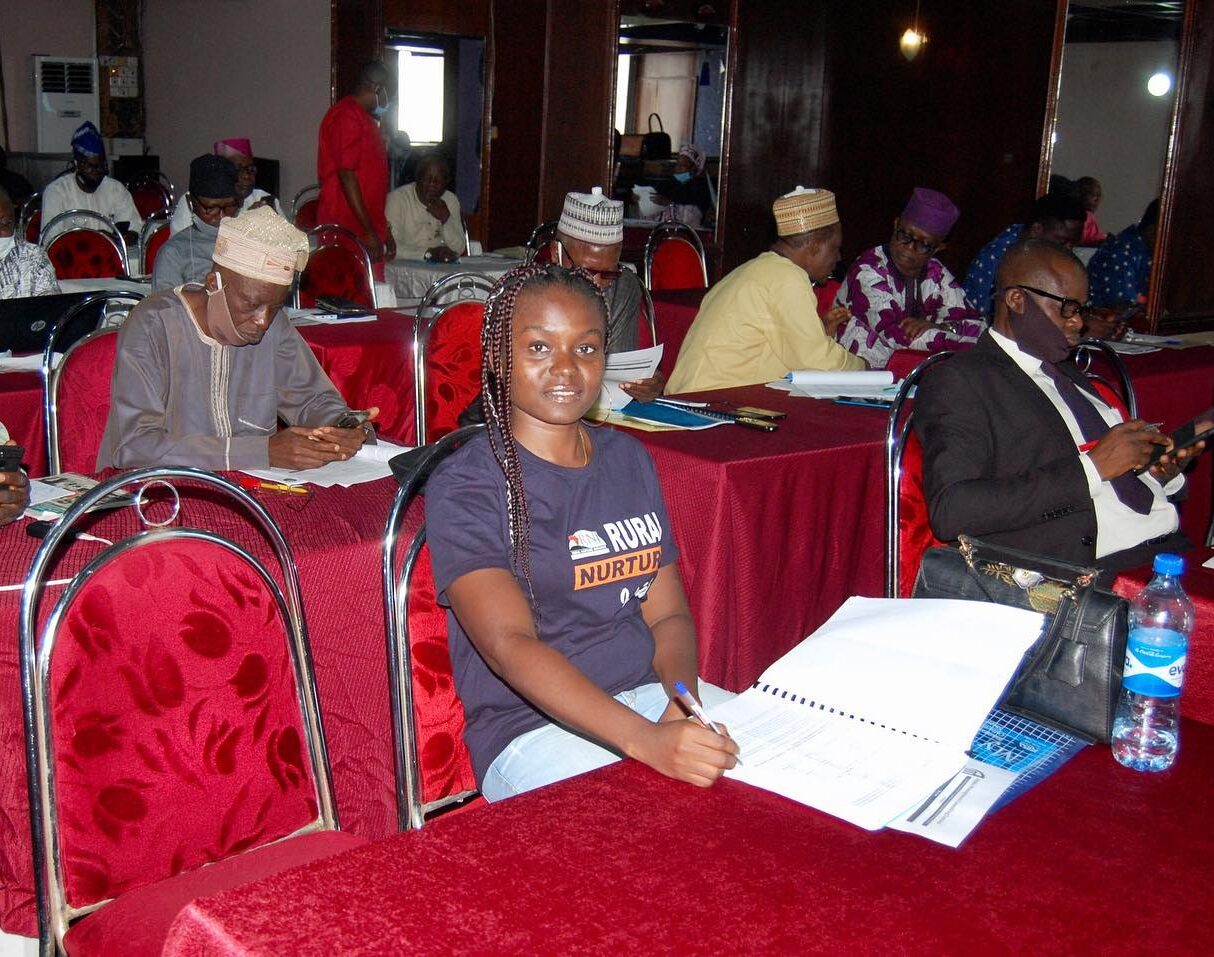We are thrilled to announce that our Founder and Executive Director, Mrs...
Service, selflessness and empathy defines the hallmark of true volunteering. This is the platform upon…
With a deep sense of honour, we presented the EXEMPLARY LEADERSHIP AWARD to our esteemed…
SUSTAINABLE IMPACT AWARD 2020 We are excited to announce our selection for the SDGs in…
WINNER: Union Rise Challenge! It’s indeed amazing to have our Founder, Damilola Iyiola (now Damilola…
We are exited to have emerged as the most nominated NGO in Oyo State during…
The hidden dangers of unregulated pesticides usage and its adverse effects on farmers, consumers and…
Addressing Water Challenges in Rural Communities in Nigeria Written by: Adesokan Ifeoluwa Introduction Nigeria, with…
The need to End the Menace of Maternal Deaths in Rural Communities Written by: Oladimeji…
Empowering Rural Communities on Malaria Prevention and Control Written by: Happiness Agboola Malaria is…
OUR FOUNDER/EXECUTIVE DIRECTOR AT THE SOUTHWESTERN STAKEHOLDERS’ CONSULTATIVE WORKSHOP Our Founder, Damilola Iyiola, was a…












